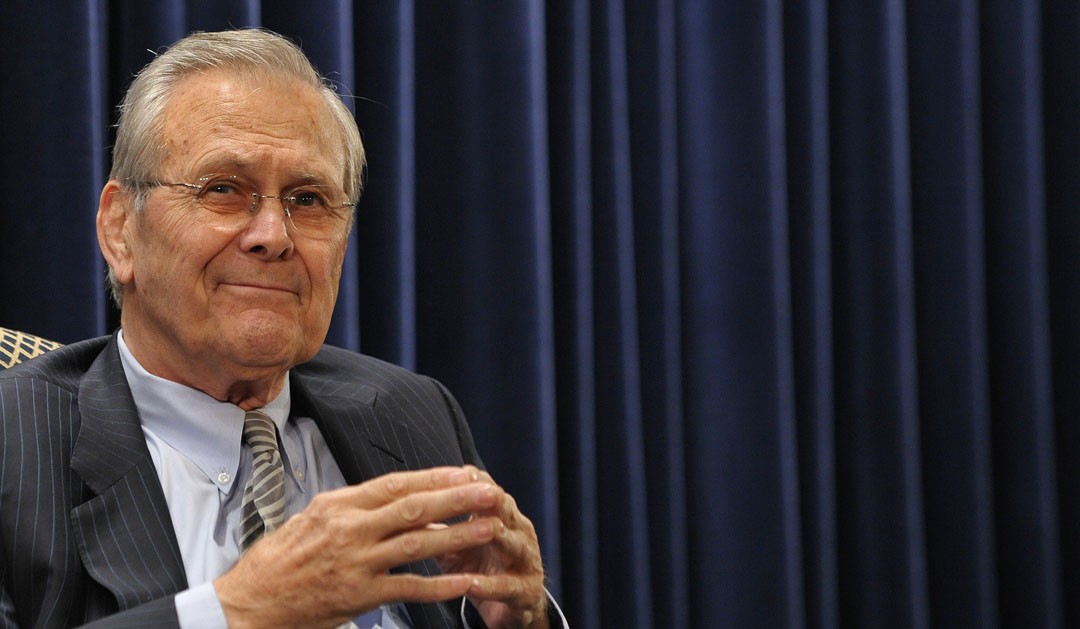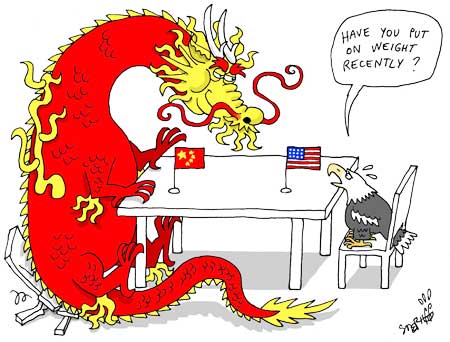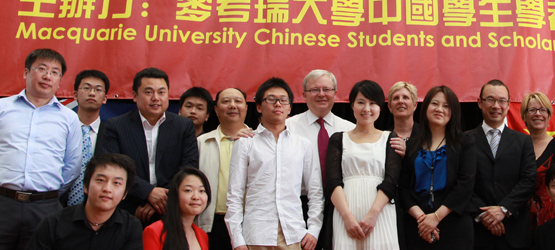
Sentimental Education: How Literature Can Inform Human Rights
The American philosopher Richard Rorty believed that the best way to combat human rights violations was to engage people emotionally, rather that rationally. He believed that a global culture of human rights, which in essence is a universally shared sense of humanity, could unite people from different backgrounds.
read more
Unholy alliance: the World Congress of Families and Australia’s Far Right politicians
The World Congress of Families is coming to Melbourne this month and they’re receiving a lot of support from various federal and state Liberal Party members. Tim Robertson laments what this means for Australian democracy.
read more
Review: ‘The Unknown Known: The Life and Times of Donald Rumsfeld’ dir. Errol Morris
“There are known knowns; there are known unknowns; there are unknown unknowns; but there are also unknown knowns; that is to say, things that you think you know that it turns out you did not.” Donald Rumsfeld
read more
Palestine and the Saturday Paper
The Saturday Paper’s coverage of Israel’s assault on Gaza has been conspicuously, well, non-existent. As the death toll rises and more atrocities are committed, the Saturday Paper’s pages remain, to date, devoid of any comment.
read more
China: the world’s military superpower
By almost every measure the United States possess far greater military capabilities than China, but she simply couldn’t sustain as many casualties and remain committed to the war effort as long as the rising superpower.
read more
Shipping out to study in Oz
In the old imperial district of Beijing, a Ming dynasty mansion is now used as an auxiliary campus by Beijing Normal University. In one of the converted classrooms a group of students are making preparations to leave for Australia next semester and begin their university education abroad. Their first stop will be the University of Adelaide for a two-month intensive language and study skills program.
read more